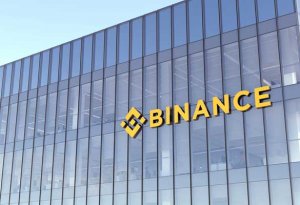Russian “Megaregulator” says Bitcoin poses risks to financial stability
The formation of a bubble in the cryptocurrency market may lead to substantial losses for consumers, according to the Russian central bank.

Russia continues to highlight its negative stance regarding cryptocurrencies. The latest example comes from the “Review of Financial Stability” that the Russian central bank published on Tuesday, November 28, 2017.
The document enlists a number of risks for the financial stability, with the list including the cryptocurrency market.
According to the “Megaregulator”, one of the sources of risks in the future may be the high activity in the cryptocurrency market, including Bitcoin. The use of cryptocurrency is getting more and more popular, the central bank notes. The phenomenon is particularly evident in the case of Bitcoin, whose price is steeply rising whereas the volatility remains high and the volume of trades involving Bitcoin is increasing.
The use of cryptocurrencies carries a number of risks, said the regulator, underlining its earlier negative stance regarding these instruments. The formation of a bubble in the cryptocurrency market may lead to significant losses for consumers. In addition, cryptocurrencies may be used for laundering money and financing terrorism.
The regulator sees its tasks as limiting the possibilities for high-risk investments and operations in this market.
The central bank confirmed that it is collaborating with the Ministry of Finance to develop law amendments that will offer a definition of various digital technologies used in the financial sphere, with the Russian ruble set to remain the single payment means in Russia.
In October this year, Russia’s president Vladimir Putin signed a number of orders to the Central Bank of Russia and the Russian government with regard to fintech and cryptocurrencies.
The Government and the Central Bank have until July 1, 2018 to make sure that certain changes are introduced to the Russian legislation. These changes should determine the status of digital technologies used in the financial segment and should cover the associated concepts, including: distributed ledger technologies, cryptocurrency, token and smart-contracts. These changes should reflect the fact that the Russian ruble will remain the single legal payment means in the Russian Federation.
The legislative changes should cover mining and the way this activity should be taxed. The registration and regulation of the entities executing such activities should also be specified in the legislative changes.
The changes should also address the funding using tokens.









